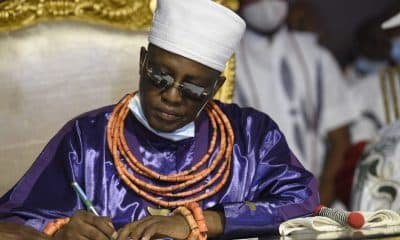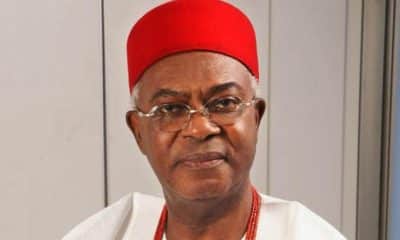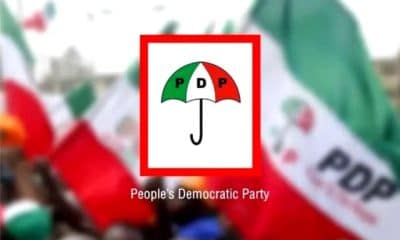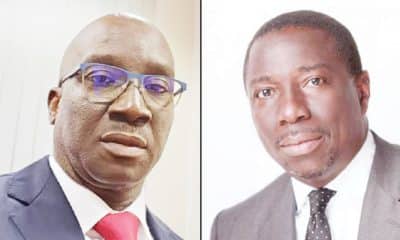Opinion
Edo’s Election As A Watershed Moment For Democracy, By Bright Okuta
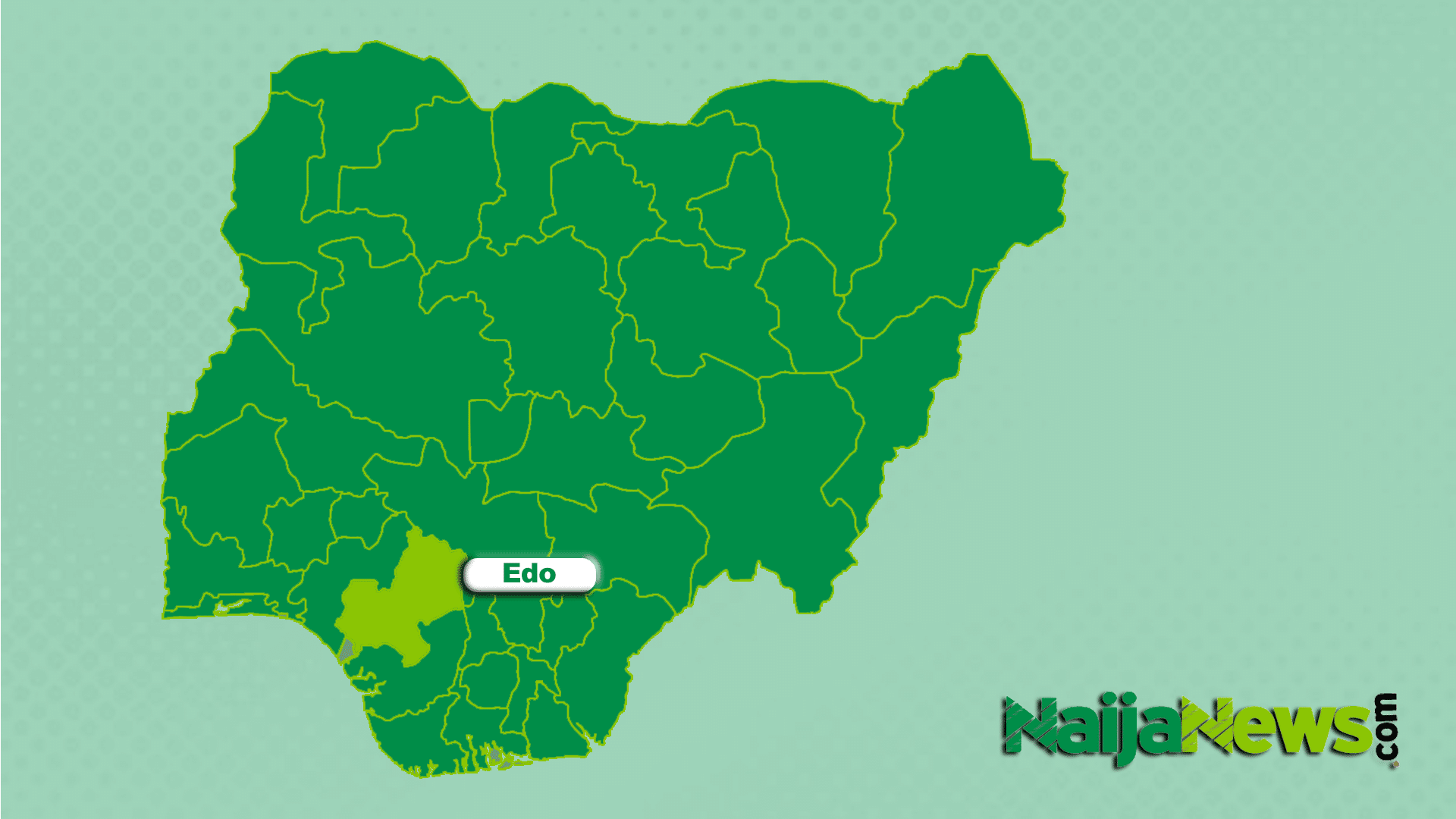
Tomorrow’s election in Edo State places the Independent National Electoral Commission (INEC) once again to the test, as it faces the challenge of ensuring a free, fair, and credible election in Nigeria.
The build-up to this moment has been anything but serene. A maelstrom of fracas has been brewing both in the media and on the streets of Edo, with the leading contenders locked in a verbal scuffle that has often spilled over into physical confrontations, even among supporters. The political arena is scarred with allegations, counter-allegations, accusations, and innuendos, alongside cross-party allegiances that threaten to ruin the polls.
INEC’s chairman, Professor Mahmud Yakubu, has assured stakeholders of the commission’s readiness. Yet, these assurances seem unconvincing against the backdrop of past electoral blunders in Nigeria. INEC’s track record is a fabric of mess, with each election cycle bringing its own set of controversies due to poor handling of the process and corruption.
The peace accord signing conducted by the National Peace Committee was marred by the ruling party’s hesitation to participate—a worrying sign, if you ask me. This hesitation raises concerns about the willingness to maintain peace and harmony before and after the election, regardless of the outcome. It also questions the credibility of the process.
INEC’s performance tomorrow will be examined closely with intense scrutiny, with every action and inaction dissected by all well-meaning Nigerians and lovers of democracy, not just Edo citizens. The onus is on INEC to deliver an election that is not just free and fair in principle, but one that is seen to be so by all Nigerians.
INEC must maintain neutrality to demonstrate its obligation to impartiality and transparency in the polls. Every vote must count, and every voice must be heard. The logistics nightmare that has plagued previous elections—late arrival of materials, malfunctioning equipment, among others—must be consigned to the past. Technical issues must be resolved.
The security agencies must step up to provide a safe environment for voters without being perceived as pawns in a larger political chess game, especially for the ruling party in the state. The political class, too, must caution their fanatic supporters and commit to accepting the will of the people, whatever the outcome.
The election is more than a contest between the three major candidates; it’s a reflection of the priorities of the people of Edo. It’s an opportunity for the electorate in Edo to shape the future direction of governance in their state. They have the chance to rewrite the script if the past eight years have been gloomy, or to continue the narrative if those years have been glorious.
INEC must seize the moment to deliver an election that will serve as hope for future polls.

